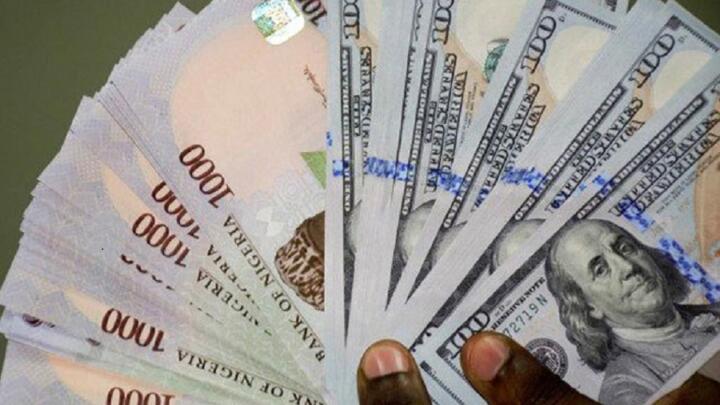The Nigerian naira continued its downward spiral at the official foreign exchange market, closing at ₦1,536 per dollar. This marks yet another depreciation as the currency faces mounting pressure from forex demand and liquidity challenges.
Market analysts attribute the weakening of the naira to persistent dollar shortages and speculative trading, which have intensified since the Central Bank of Nigeria (CBN) adopted a more flexible exchange rate regime. Despite interventions to stabilize the currency, fluctuations remain a concern for businesses and consumers, leading to rising inflation and increased import costs.

The latest depreciation reflects the broader economic uncertainties facing Nigeria, as policymakers struggle to balance exchange rate stability with the need to attract foreign investment. The parallel market, often seen as a more accurate reflection of forex dynamics, continues to trade at a premium, widening the gap between official and unofficial rates.
While the CBN has reiterated its commitment to tackling volatility through monetary policies and interventions, experts suggest that long-term stability will require structural reforms, increased forex inflows, and a boost in local production to reduce reliance on imports.
Support InfoStride News' Credible Journalism: Only credible journalism can guarantee a fair, accountable and transparent society, including democracy and government. It involves a lot of efforts and money. We need your support. Click here to Donate
